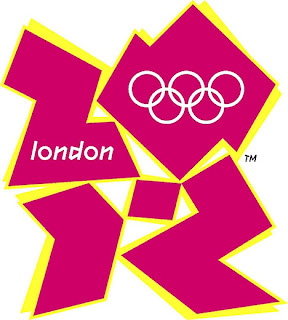What Typo 2012 says
Patrick has recently been helping Eight Inc (the design company behind the Apple Stores) set up shop in London. “Taking a brand forward will often create new models, new services and new experiences that may at first seem surprising but in retrospect manifest an emerging strategy – and shatter category norms” Being an Independent Creative Director with over 25 years’ experience and working with the world’s leading brands Patrick lives in London and works with organisations and individuals facing complex design and innovation challenges. Formerly Executive Creative Director of Wolff Olins he worked on projects including London 2012, Macmillan Cancer Support and (Red). Patrick is an “old stager” when it comes to building relationships with clients as a base for fruitfull cooperations: “Clients’ needs have changed, and the branding and communications industry has struggled to adapt… to create meaningful shifts companies have to make new things and create new brand-defining experiences.”
What I thought: A quiet unassuming, extremely earnest man. Spoke with authority and a lot of sense about his work, society and Design in general.
The Talk: Social. talk
Design reflects changes in attitudes, and expectations. As social networks have evolved and found new ways of getting things done – improving the way we produce and consume things – how should ‘design’ adapt to help create, rather than mirror, a more porous, more ‘useful’ society?
He told the story of the logo from it derision in the Media when it was launched in 2007 to its successful use across the Olympics in Summer 2012. For the first time the unique logo enabled both the Olympics and the Para Olympics to share the same logo. ' The logo would act as a 'window'
'The Games are for everyone, regardless of age, culture and language. The emblem is designed to be populated, to contain infills and images, so it is recognizable enough for everyone to feel and be part of London 2012.'
People got board of brands a long time ago so designers have been r=trying to fins a way to make their brands more interesting. people are getting smarter all the time.
2005 Macmillan Cancer - Gave brand away. How could people be more active? Make their own posters, create events 'In the hands of the people'
Liberation - lwt go of trying to control the system, Be Socially fluid, Keep re-inventing, rethining.
More useful products produce fluid relationships.
'Brands need to become more socially engaged with an ever smarter population
Taliking about the Olympics 2012 'Social need not be polite. Sometimes need to cause a bit of friction especially when trying to show a change.'
If people want to get involved shouldn't have to be a prescribed way. People doing something, involvement
Society cannot be propelled forward by single minds. You need to have a great deal of trust with the people your working with. The Bauhaus understood you needed to have a collective to respond to your time. This template has not fundamentally changed in terms of Social but we tend to remember the stuff that is easy to replicate we remember the form, rules and structure.
As designers and makers we need to constantly be looking to create more useful , productive and fluid relationships and keep a strong ambition to move these smart people and our society forward in a wonderful way.
An interesting reative Review artcile written by Adrian Shaugnessy in 2008 which echoes a lot of the sentiments of the talks at Typo ie Brands beed to be more fluid.
“Our view
of branding,” notes Boylan, “is that the brand is no longer a single neat and tidy logo that you stick in the same place every time. Our thinking of brand has moved on. The brand is the platform, the brand is flexible, the brand is a place of exchange, and it is not fixed, so there is not one logo. There is recognisable form and recognisable communication and behaviour, but it’s not one type of constrained and fixed thing.”
Also just realised who Wally Olins of On Brand is!



No comments:
Post a Comment